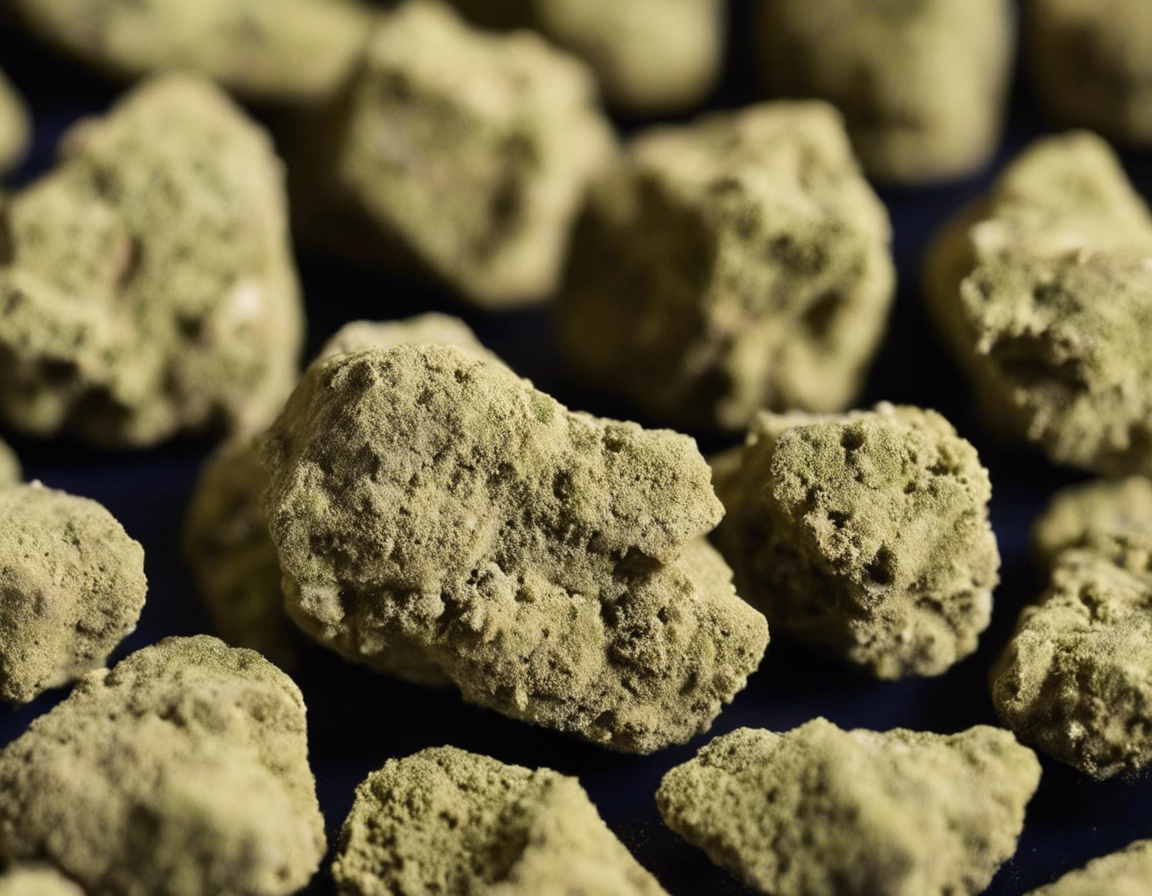-
Table of Contents
- The Impact of AI on Health & Beauty
- 1. AI in Personalized Skincare
- 2. AI in Virtual Try-Ons
- 3. AI in Diagnostics and Treatment
- 4. AI in Customer Service
- 5. AI in Product Development
- Conclusion
- Q&A
- 1. How does AI personalize skincare?
- 2. How does AI improve the virtual try-on experience?
- 3. How does AI assist in diagnostics and treatment?
- 4. How does AI improve customer service in the health and beauty industry?
- 5. How does AI revolutionize product development in the health and beauty industry?
Artificial Intelligence (AI) has revolutionized various industries, and the health and beauty sector is no exception. With the integration of AI technologies, companies in this field have been able to enhance their products and services, improve customer experiences, and drive innovation. In this article, we will explore the ways in which AI is transforming the health and beauty industry, and the benefits it brings to both businesses and consumers.
1. AI in Personalized Skincare
One of the significant advancements in the beauty industry is the use of AI to create personalized skincare solutions. By analyzing vast amounts of data, AI algorithms can identify patterns and correlations that help determine the most suitable products for an individual’s skin type and concerns. For example, companies like Proven use AI to analyze data from millions of skincare products and customer reviews to create personalized skincare regimens.
AI-powered skincare solutions not only save consumers time and money by eliminating the trial-and-error process but also provide more effective results. By considering factors such as age, skin type, and environmental conditions, AI algorithms can recommend products that are tailored to an individual’s specific needs. This level of personalization has significantly improved customer satisfaction and loyalty in the beauty industry.
2. AI in Virtual Try-Ons
Another area where AI has made a significant impact is in virtual try-on technologies. Traditionally, customers had to physically try on different beauty products to see how they would look on them. However, with the advent of AI, virtual try-on tools have become more accurate and realistic.
Companies like ModiFace use AI algorithms to analyze facial features and apply virtual makeup in real-time. This allows customers to see how different shades of lipstick, eyeshadow, or foundation would look on their own face without actually applying the products. Virtual try-on technologies not only enhance the shopping experience but also reduce the risk of dissatisfaction and product returns.
3. AI in Diagnostics and Treatment
AI has also found its way into the healthcare sector, transforming diagnostics and treatment processes. Machine learning algorithms can analyze medical images, such as X-rays and MRIs, to detect abnormalities and assist healthcare professionals in making accurate diagnoses. For example, AI-powered systems like Zebra Medical Vision can detect early signs of diseases like cancer, enabling early intervention and improving patient outcomes.
Furthermore, AI algorithms can analyze vast amounts of medical literature and patient data to identify potential treatment options. This helps healthcare professionals make informed decisions and provide personalized treatment plans. AI-powered chatbots, like Babylon Health, can also assist patients by providing preliminary diagnoses and recommending appropriate actions.
4. AI in Customer Service
AI technologies have significantly improved customer service in the health and beauty industry. Chatbots and virtual assistants powered by AI can provide instant responses to customer queries, 24/7. These AI-powered assistants can handle a wide range of inquiries, from product recommendations to order tracking, without the need for human intervention.
Companies like Sephora have implemented AI chatbots on their websites and mobile apps to provide personalized beauty advice and recommendations. These chatbots can understand natural language and engage in interactive conversations with customers, simulating the experience of talking to a beauty consultant in-store.
5. AI in Product Development
AI technologies have also revolutionized the product development process in the health and beauty industry. By analyzing consumer preferences, market trends, and ingredient databases, AI algorithms can identify gaps in the market and suggest innovative product ideas.
For example, Proven uses AI to analyze customer feedback and ingredient databases to create new skincare products that address specific concerns. This data-driven approach to product development not only reduces the time and cost associated with traditional market research but also increases the chances of success by aligning products with consumer demands.
Conclusion
AI has brought significant advancements to the health and beauty industry, transforming various aspects of the business. From personalized skincare solutions to virtual try-on technologies, AI has enhanced customer experiences and improved product effectiveness. In the healthcare sector, AI has revolutionized diagnostics and treatment processes, enabling early detection of diseases and personalized treatment plans. Additionally, AI-powered chatbots and virtual assistants have improved customer service, providing instant responses and personalized recommendations. The integration of AI in product development has also led to more innovative and market-aligned offerings. As AI continues to evolve, we can expect further advancements in the health and beauty industry, benefiting both businesses and consumers.
Q&A
1. How does AI personalize skincare?
AI analyzes vast amounts of data, including skincare products and customer reviews, to identify patterns and correlations. By considering factors such as age, skin type, and environmental conditions, AI algorithms can recommend personalized skincare products and regimens.
2. How does AI improve the virtual try-on experience?
AI-powered virtual try-on technologies analyze facial features and apply virtual makeup in real-time. This allows customers to see how different beauty products would look on their own face without actually applying them, enhancing the shopping experience and reducing the risk of dissatisfaction.
3. How does AI assist in diagnostics and treatment?
AI algorithms can analyze medical images, such as X-rays and MRIs, to detect abnormalities and assist healthcare professionals in making accurate diagnoses. AI can also analyze medical literature and patient data to identify potential treatment options, providing personalized treatment plans.
4. How does AI improve customer service in the health and beauty industry?
AI-powered chatbots and virtual assistants provide instant responses to customer queries, 24/7. These AI assistants can handle a wide range of inquiries, from product recommendations to order tracking, without the need for human intervention, improving customer service experiences.
5. How does AI revolutionize product development in the health and beauty industry?
AI analyzes consumer preferences, market trends, and ingredient databases to identify gaps in the market and suggest innovative product ideas. This data-driven approach reduces time and cost associated with traditional market research and increases the chances of success by aligning products with consumer demands.


